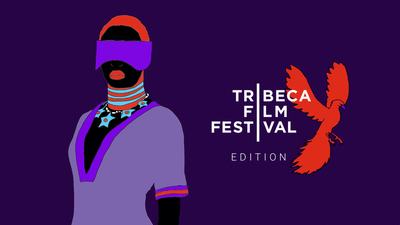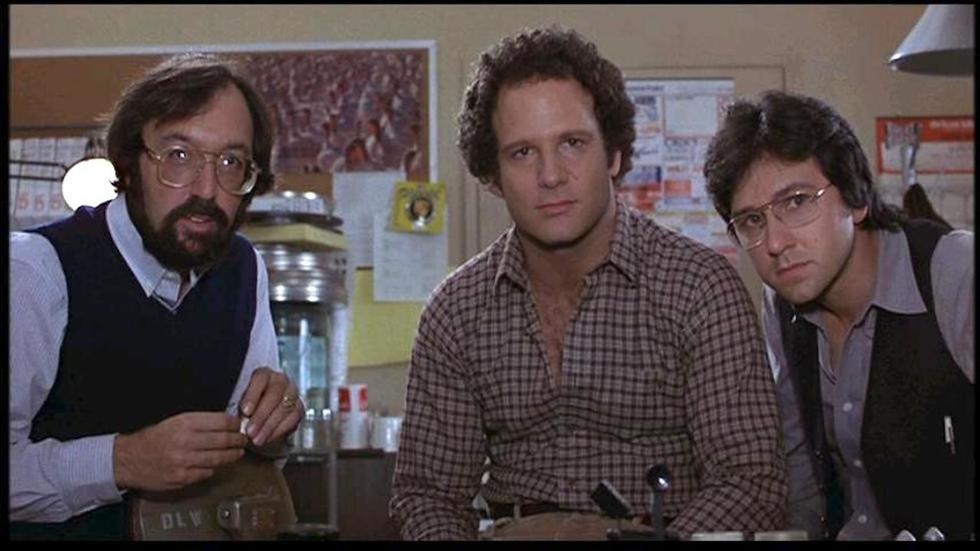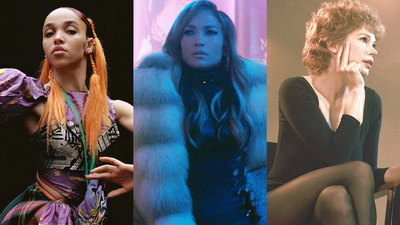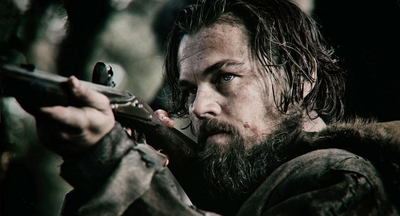
BY ADAM EPSTEIN |
Editor at Large: Why Creative People Need Interpersonal Skills
While technical know-how is a necessity, being able to navigate the interpersonal and collaborative aspects of creative work is potentially far more important for finding success as an editor/filmmaker/designer/fluffer/anything. Here are some tricks I've learned.

Somewhere deep in space, boundless light-years away, there is a perfect planet, bold in the ether. Apart from the pleasant breezes, ample parking, and personal flying massage unicorns, it is perfect because on this world, the only opinion that matters is yours. Your creative whims are never challenged, there are no political hierarchies to navigate or superiors to please, and fragile egos are implausible bogeymen whispered about around alien campfires.
Every so often, a representative from this world hops on their unicorn and rockets to Earth. We celebrate their arrival, allowing them to maintain their rarified alien lifestyle. But the journey from their world to ours is a treacherous one, so only a very, very small group survives the trek to terra firma. We refer to them as “Studio Heads.” Or “Coen Brothers.”
When you’re working with someone, or especially FOR someone, there are going to be notes.
For the rest of us that are not from beyond the cosmos, the realities of Earth-bound ego and creative compromise are unavoidable. When you’re working with someone, or especially FOR someone, there are going to be notes. And personality differences. And more notes. While technical know-how is, of course, a necessity, being able to navigate the interpersonal and collaborative aspects of creative work is potentially far more important for finding success as an editor/filmmaker/designer/fluffer/anything.
There are countless books and manuals that can teach you the ins and out of editing software and techniques, but I’ve yet to find the chapter that covers how to be cordial, or swallow your pride, or maintain a loose, pleasant vibe in the room at 4AM when the coffee shakes have taken over and everyone starts to look like a tweaked-out, face-melting ghoul from The Devil’s Advocate.
You’re going to (often) be wrong about things – can you deal with that graciously? Do the living, breathing, opinionated people you’re working with actually want to spend long, stress-filled hours in a room with you? How do you go about picking your battles? Have you noticed that none of the above has anything to do with actually editing? Have you figured out how it’s sometime best to say nothing? And when you do decide to take a stand for something you feel strongly about, are you a blunt, ego-driven asshole that turns people off, killing what might have been the “right” idea, or can you have a more nuanced, Jedi mind-trick style of persuasion where you’re willing to forgo credit in order to service a better outcome? Ideally, you end up saving people from themselves without them ever realizing it happened. Gotcha! These WERE the droids you were looking for, sucker! Just kidding, you’re the best.
Tensions and frustrations grow from situations where expectations don’t jive with reality.
First off, try to recognize and make the most out of where you stand in the hierarchy of a project. Why are you there? Understanding how the people you’re working with view you and your potential contributions is important when figuring out boundaries and maintaining balanced egos. Were you brought in for your specific voice and unique creative input, or does a producer want a button pusher to execute their rigid vision? Tensions and frustrations grow from situations where expectations don’t jive with reality – you were expecting to be the artistic visionary, they were expecting someone who cut to a different shot of the horse when the tall dude standing behind you said “now.” Is that a terrible way to work? Of course. But is it a real thing that some, very precious people expect? Another of course!
Often times the best way to get something you believe in across is to go ahead, do it, and then show it -- if it’s good, people tend to go with it.
Both you and the director/clients/etc you’re working with hopefully share the goal of getting what you’re working on to the best place it can be – you might just differ in how you think that goal should be reached. It should be a discussion that comes from a position of mutual respect and a willingness to listen and consider. If you’re working with people who are honest with their opinions but don’t take things personally, of course go ahead and give suggestions or challenge notes, but make sure to be able to articulate your reasons and be able to demonstrate why something does or doesn’t work. Often times the best way to get something you believe in across is to go ahead, do it, and then show it -- if it’s good, people tend to go with it.
But unless a project is yours and yours alone, or you are one of those unicorn-riding space lords, at the end of the day, the clients/director/groupies will have the final say. And that’s the way it should be -- it’s their name on the project, and therefore their stakes are that much higher. My favorite illustration of this is from Albert Brooks’ Modern Romance from 1981. Brooks plays a film editor working on a sci-fi picture. At one point, he makes what he feels is a breakthrough on a section of the movie that might have been a little too on the nose. James L. Brooks (who’s most likely one of the aliens we talked about before) plays the director of the film. The back and forth is perfect:
The hair and the gear may be outdated, but that dynamic still lives in the edit room - which, by the way, needs a new radically new setup.
That perfect planet might have sounded appealing at first, but it’s only later on, years after you hitched a ride there on some rogue unicorn, that you realize a harsh truth: When you’re working well with others, there are no limits to what you can make together. But if your opinion is the only one being heard, the heights you can reach are limited by you and the fact that you’re…just…one…person. TWILIGHT ZONE TWIST!!!

